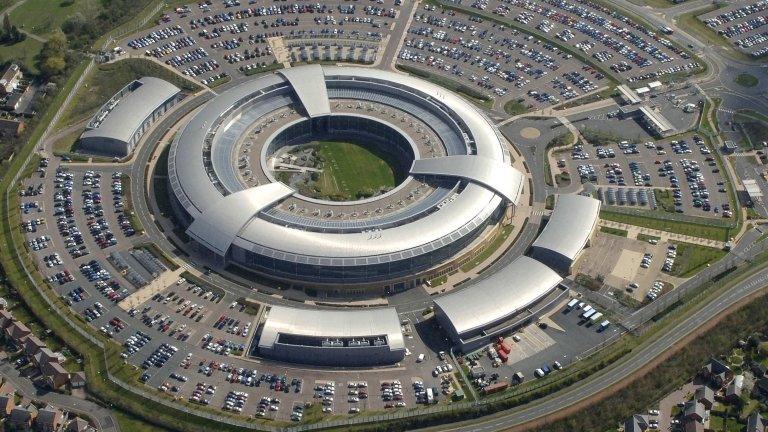UK government rules out app backdoors
- Published
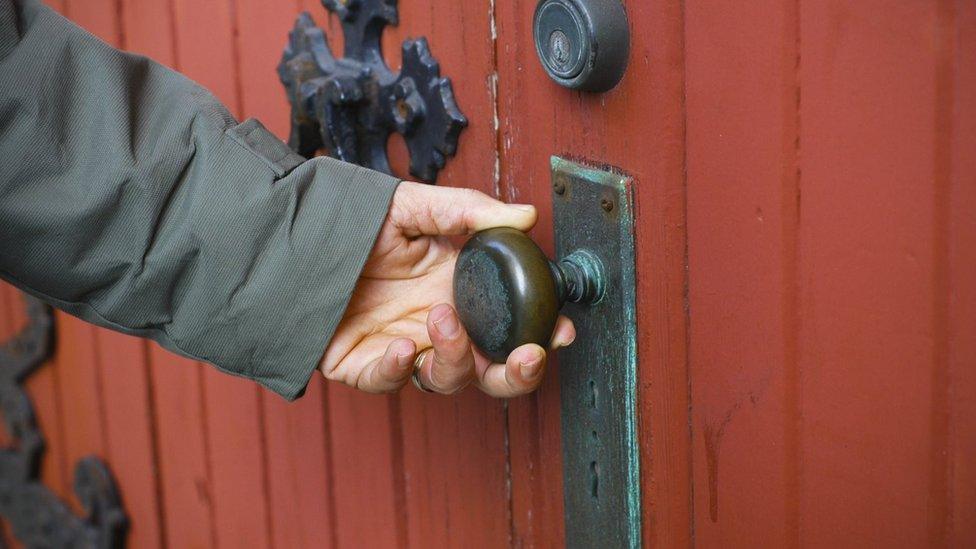
The government has confirmed its Investigatory Powers Bill will not demand backdoors are installed into apps
The UK government has ruled out making app-makers provide "back doors" into their software.
The minister for internet safety and security said she recognised the "essential role" that strong encryption played in protecting people's details.
But Baroness Shields added that the government still wanted tech companies to be able to unscramble "targeted" data and hand it over when required.
That puts the government at odds with Apple's iMessage and WhatsApp.
Alongside other chat platforms, including Telegram, BlackBerry Protect and Silent Phone, the service providers have no way to decrypt the messages users send.
Instead, a technique called end-to-end encryption employed by the apps means that only the sender and recipient can see what was posted.
Baroness Shields told the House of Lords that she found this, external "alarming".
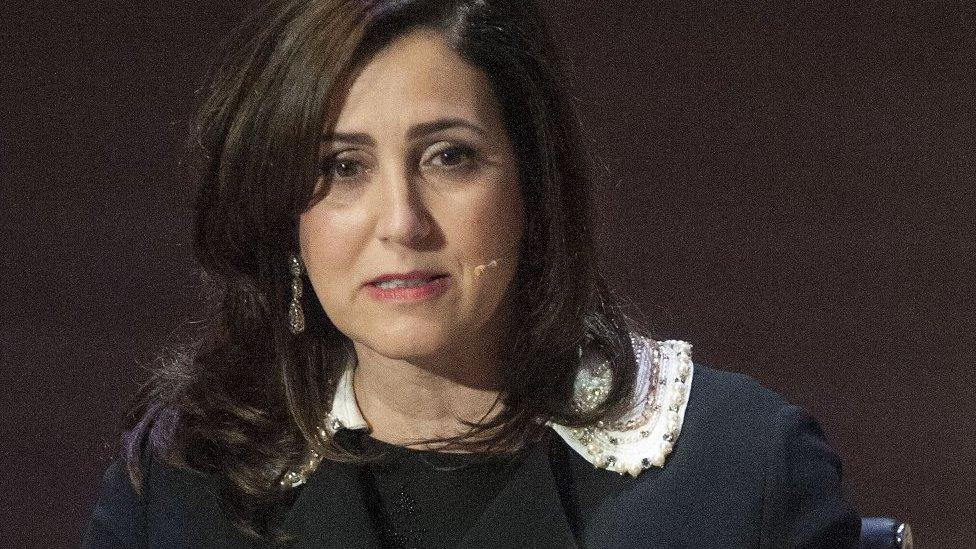
Baroness Shields said there was "an alarming movement towards end-to-end encrypted applications"
"The prime minister has repeatedly said that there cannot be a safe place for terrorists, criminals and paedophiles to operate freely, with impunity and beyond the reach of law," she said.
"This is not about creating backdoors; this is about companies being able to access communications on their network when presented with a warrant."
'Snoopers' charter'
Concerns that the government might seek to weaken encryption were raised at the start of the year, after comments made by the prime minister in the wake of Islamist attacks in Paris.
"In our country, do we want to allow a means of communication between people which... we cannot read?" asked David Cameron.
Next week, the Investigatory Powers Bill will be published. Dubbed by some a "snoopers' charter", it will detail the powers the UK's security agencies have to obtain data about suspects.
As Baroness Shields - a former Facebook executive - noted, agencies can already demand access to data subject to a warrant.
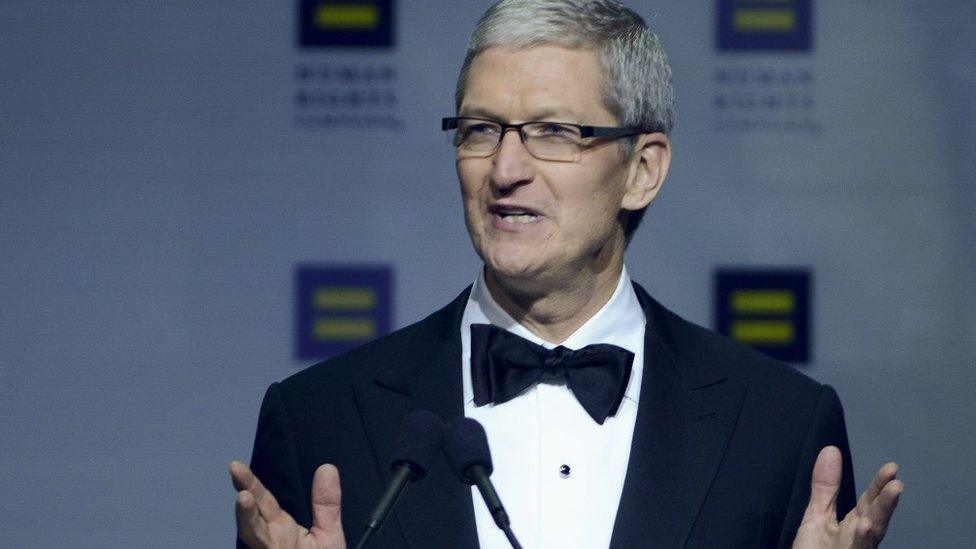
Apple's Tim Cook has opted to make it impossible for his company to decrypt users' smart devices without knowing their passcodes
However, Apple in particular has made of a virtue of the fact it can no longer comply with such requests.
Not only does it use end-to-end encryption for its apps, but it has also removed its ability to unlock its customers' smartphones or tablets if they are running the iOS8 or iOS9 operating systems.
"We believe that people have a fundamental right to privacy," chief executive Tim Cook said in June.
The UK government does have another alternative.
It could order citizens to register their passcodes into a database that the security services would have to seek permission to access.
However, this has not been proposed to date.
- Published27 October 2015
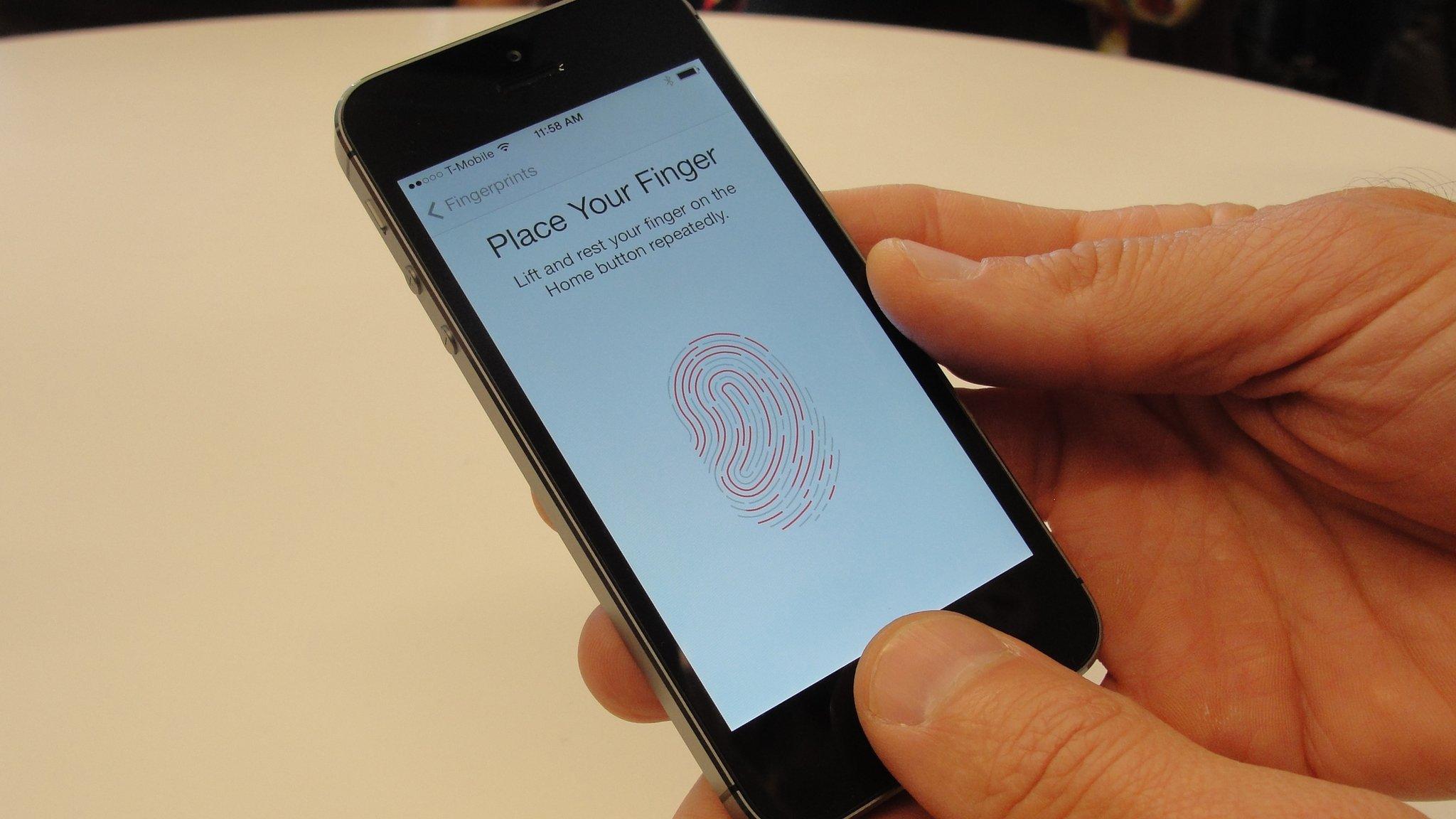
- Published27 May 2015

- Published13 January 2015

- Published4 November 2014
